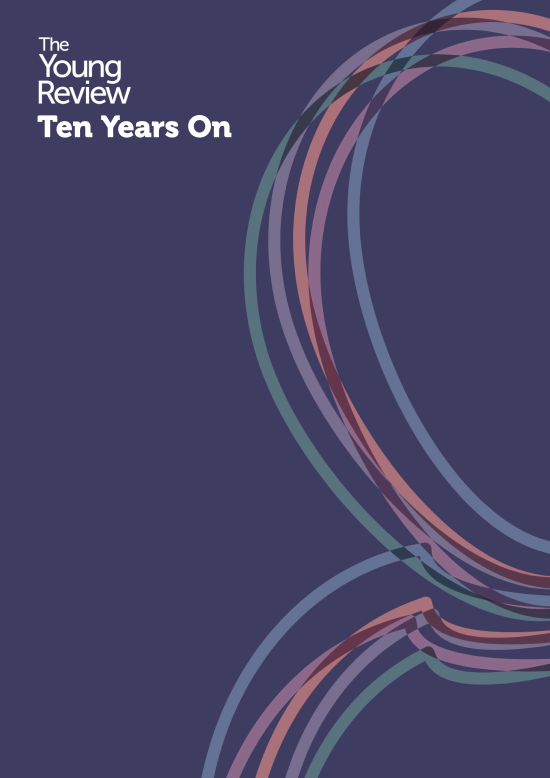I am Policy Assistant here at Clinks and am currently writing a ‘Guide to Desistance’ for VCSE organisations. I would really like to get your input to the guide and would like to hear your thoughts on the questions at the end of this blog.
Desistance has attracted much interest from criminal justice practitioners, policy makers and commissioners in recent years. Although there is no agreed definition amongst researchers, desistance refers to a highly individualised journey, whereby a person may move in and out of offending on the path to stopping altogether. Desistance theory emphasises the need for a holistic, flexible and person-centred approach to supporting people who have offended; a style of working that resonates powerfully with our Voluntary, Community and Social Enterprise (VCSE) Sector Members. The Sector have historically developed and advocated for such an approach, and no less so now. However, with the pace of change in the policy and commissioning environment, there is the risk that the message sometimes gets lost.
The usefulness of desistance theory for describing the process of change in a person’s life is recognised by the Government and is featured in recent publications including the NOMS Commissioning Intentions 2013/14 document and the Ministry of Justice response to the Transforming Rehabilitation consultation entitled, A Strategy for Reform. Clinks briefings on these documents can be found here.
The Discovering Desistance project, funded by the ESRC aims to share knowledge about desistance theory and improve understanding about why people desist from offending. The project’s website has some really useful resources, including academic research papers, blogs and a documentary exploring why people desist from crime.
Clinks are currently writing a brief guide to desistance theory, which aims to:
- Provide an accessible summary of the key themes in the literature,
- Explore the factors that can support desistance,
- Emphasise how VCSE organisations can use the theory to demonstrate the success of their work to policy makers, funders, commissioners and perhaps prime providers.
Understanding the process of desistance is not just about a theoretical model but also can have many practical applications for the services that you deliver. For example, desistance theory can be used as a framework for evaluating a service or project. This approach has been adopted by some Arts organisations working within criminal justice settings, including the Good Vibrations Javanese Gamelan project, which can be accessed here. Another example of a desistance-based evaluation is of the second chance project, a two year sports initiative at HMP YOI Portland which can be accessed here.
Service user involvement presents another practical step that a VCSE organisation might take. Service user involvement can empower the service user, by giving them a voice and a sense of belonging, which can help support them on their journey to desistance. Service user involvement can also bring greater transparency to services and decision making process involved in their delivery, helping the service user to understand the factors that influence all aspects of their lives. For more information about setting up a service user involvement group, please see Clinks volunteering and mentoring guide.
We want to hear from you!
We would really like your input into our ‘Guide to Desistance’ and would like to hear your thoughts on the following:
- What does desistance theory mean to the VCSE Sector?
- Has knowledge about desistance theory influenced/changed the way your VCSE organisation works? How?
- What would help you to use desistence theory in your work?
Please also contact Nicola Drinkwater on Nicola.drinkwater@clinks.org if you would like any further information.
What's new
Blogs
Homelessness Strategy Blog
Publications
The Young Review - 10 Years On
Latest on X
The role is for a leader from an organisation focused on racially minoritised people, with expertise in service delivery, policy, advocacy, or related areas in criminal justice. Racial disparities are present at every CJS stage. This role ensures these voices are central in shaping policy to help address and eradicate them. Apply by Mon 18 Nov, 10am. More info: https://www.clinks.org/voluntary-community-sector/vacancies/15566 #CriminalJustice #RR3 #RacialEquity

